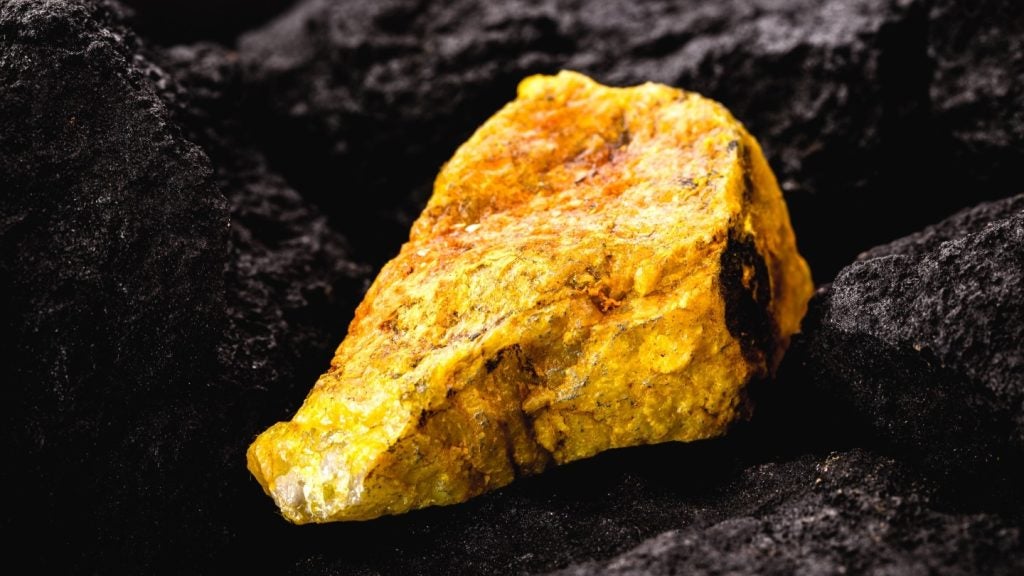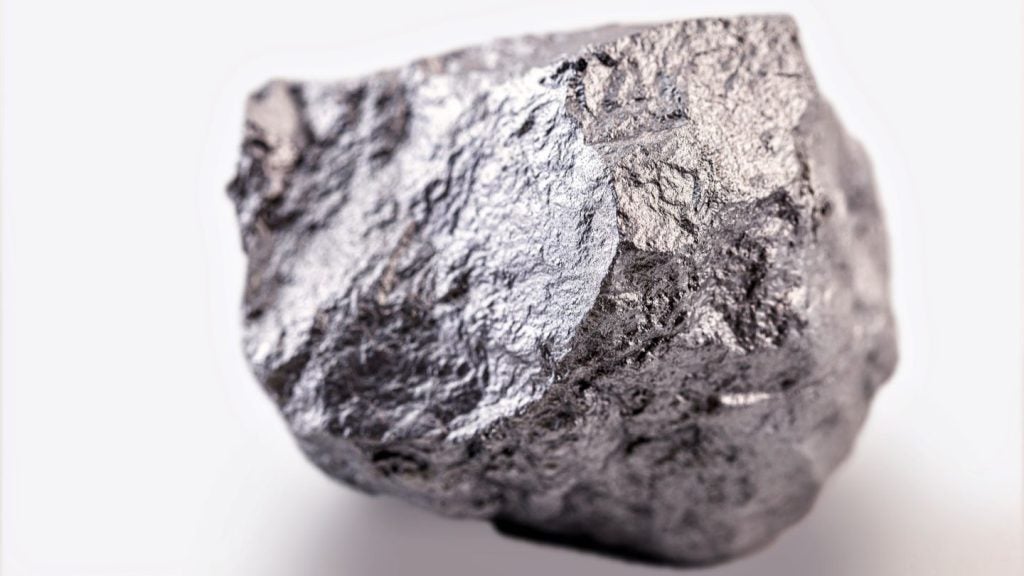Mexico’s Environment Minister Maria Luisa Albores said on 12 October that the toxic oil spill of August 2014 – “the worst environmental disaster in the history of metal mining in Mexico” and blamed on Grupo México – was not an accident but a result of negligence.
Speaking at a press conference, she added that the remediation actions agreed in the month after the oil spill had not been satisfactorily carried out by Grupo México; of the MXN2bn ($111.86m) agreed, the company had only provided half.
The spill occurred on 6 August 2014 when a pipeline ruptured at the Buenavista del Cobre copper mine at Cananea, Sonora. Over 10 million gallons (38 million litres) of acidulated copper sulfate and heavy metal concentrates entered the Bacanuchi River, with concentrations of copper, arsenic, aluminium, cadmium, chromium, iron, manganese and lead found to exceed levels set in the Official Mexican Standard NOM-127-SSA1-1994.
Data from the Commission for the Prevention of Sanitary Risks (COFEPRIS) found that four bodies of water were impacted, either socially or economically. Impacts included losses for farmers in the basin and worsened health for 270 local people. Albores said that this “was not an accident, it was negligence,” referring to the hydrological design of the Tinajas 1 dam system.
Albores’ comments followed President Lopez Obrador’s announcement earlier this month that a new action plan would be proposed to address the oil spill. He said: “We’re resolving it, looking for options and alternatives.”
There is no indication yet of what this new plan will cost Grupo México, which is one of the largest copper producers globally. However, the company has refuted allegations that its remediation was not completed. It released a statement on 4 October that said: “The alleged findings from tests presented last week have no link to the 2014 event. They omit current sources of pollution such as illegal mining (and) the discharge of untreated sewage.”
Filings made by Grupo México and analysed by GlobalData, Energy Monitor’s parent company, reveal that social and health and safety concerns have not seen any significant increase since 2016, despite fluctuation.
This does not match the broader trend of the mining industry in Mexico, which has seen steady growth in the frequency of these themes across company filings since 2016.
Following the oil spill, Grupo México signed an agreement to create the Río Sonora Trust, which outlined MXN2bn as the amount needed to address the impacts of the disaster. However, the company closed its remediation fund in 2017, arguing that it had met legal requirements. Albores said that, of the initiatives paid for by the MXN1bn provided, a water treatment plant in Bacanuchi had operated for only two years, while nine other water treatment plans also faced financing issues.
Albores added that the Secretariat of Environment and Natural Resources has now filed a criminal complaint against Grupo México, arguing that the company closed the Río Sonora Trust prematurely. A ruling from the Supreme Court of Justice of the Nation said in 2020 that the trust must remain open; however, the company has not reopened it.
Our signals coverage is powered by GlobalData’s Thematic Engine, which tags millions of data items across six alternative datasets — patents, jobs, deals, company filings, social media mentions and news — to themes, sectors and companies. These signals enhance our predictive capabilities, helping us to identify the most disruptive threats across each of the sectors we cover and the companies best placed to succeed.















